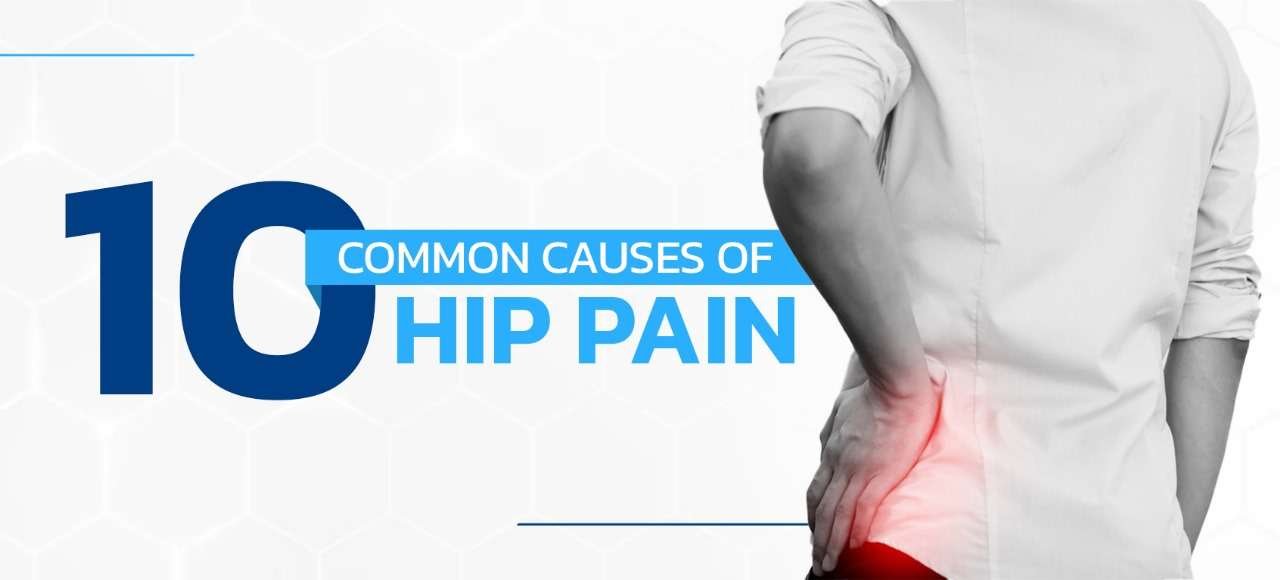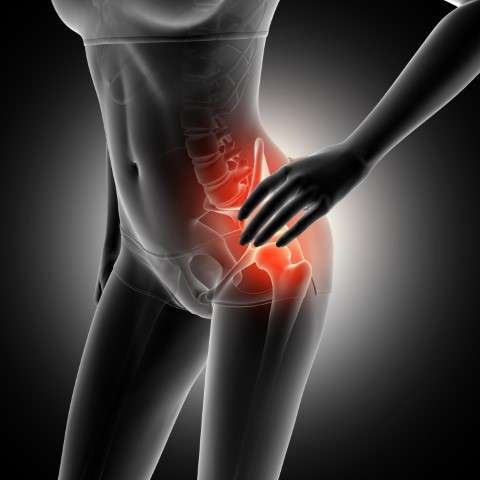

Why Does My Hip Hurt ? 10 Common Causes of Hip Pain
As a specialist in joint replacement surgery, I’m acutely aware of the debilitating effects hip pain can have on everyday life. This type of discomfort can afflict individuals across all age groups and walks of life, from athletes to office workers to retirees. In this article, we aim to illuminate ten common causes of hip discomfort, helping you identify possible issues and directing you towards the right treatment options.
Osteoarthritis
Often referred to as wear-and-tear arthritis, osteoarthritis is a primary cause of hip discomfort. It develops when the cartilage cushioning your bones deteriorates over time, causing pain, stiffness, and swelling in the hip. Risk factors include age, genetic predisposition, obesity, and previous joint damage.
Bursitis
This condition is characterized by the inflammation of the bursae, which are small, fluid-filled cushions that protect your hip joint’s bones, tendons, and muscles. Bursitis can result from repetitive movements or injuries, leading to pain and tenderness, particularly on the outside of the hip.
Tendinitis
Tendinitis of the hip occurs when the tendons around the joint become inflamed, often due to repetitive stress or overuse. This condition can cause significant discomfort, especially after activities involving repetitive motions such as running or jumping.
Hip Fractures
Particularly prevalent among the elderly or those with osteoporosis, hip fractures can cause sudden, intense pain following a fall, impact, or accident. These fractures often require immediate medical attention and may need surgery to heal properly.
Labral Tears
The labrum, a ring of cartilage surrounding the hip socket, can tear due to injury, structural issues, or age-related wear. This can lead to pain, stiffness, and reduced mobility, particularly in individuals engaged in activities requiring twisting or sudden direction changes.
Hip dysplasia
Hip dysplasia is a birth condition where the hip joint doesn’t form properly. Hip dysplasia can lead to instability and early joint deterioration. Though typically identified in babies or young children, less severe cases may not be detected until adulthood.
Muscle Strains
Strains or tears in the hip muscles can occur from overstretching, overuse, or sudden movements. These injuries often result in immediate pain, swelling, and a reduced range of motion in the hip area.
Sciatica

This condition involves irritation or compression of the sciatic nerve, which extends from the lower back through the hip and down the legs. It can cause shooting pain, tingling, or numbness that radiates from the hip down to the leg.
Inflammatory Conditions
Diseases like rheumatoid arthritis or ankylosing spondylitis can lead to ongoing inflammation, pain, and stiffness in the hip joint. These autoimmune conditions attack the lining of the joints and surrounding tissues, causing chronic discomfort and joint damage.
Overuse Injuries
Repetitive stress or extensive training can lead to overuse injuries affecting the muscles, tendons, and ligaments around the hip. Athletes, particularly runners and cyclists, are at higher risk for conditions like stress fractures, IT band syndrome, or hip flexor strains.
Persistent or escalating hip pain warrants a consultation with a specialist, such as a hip replacement surgeon, for a tailored treatment plan. Early intervention, combined with appropriate management techniques and adjustments in lifestyle, can significantly enhance mobility and quality of life. Understanding the underlying cause is key to effective relief and long-term hip health. For personalized advice and treatment, consider consulting with Dr. Bakul Arora at the Arora Clinic.
